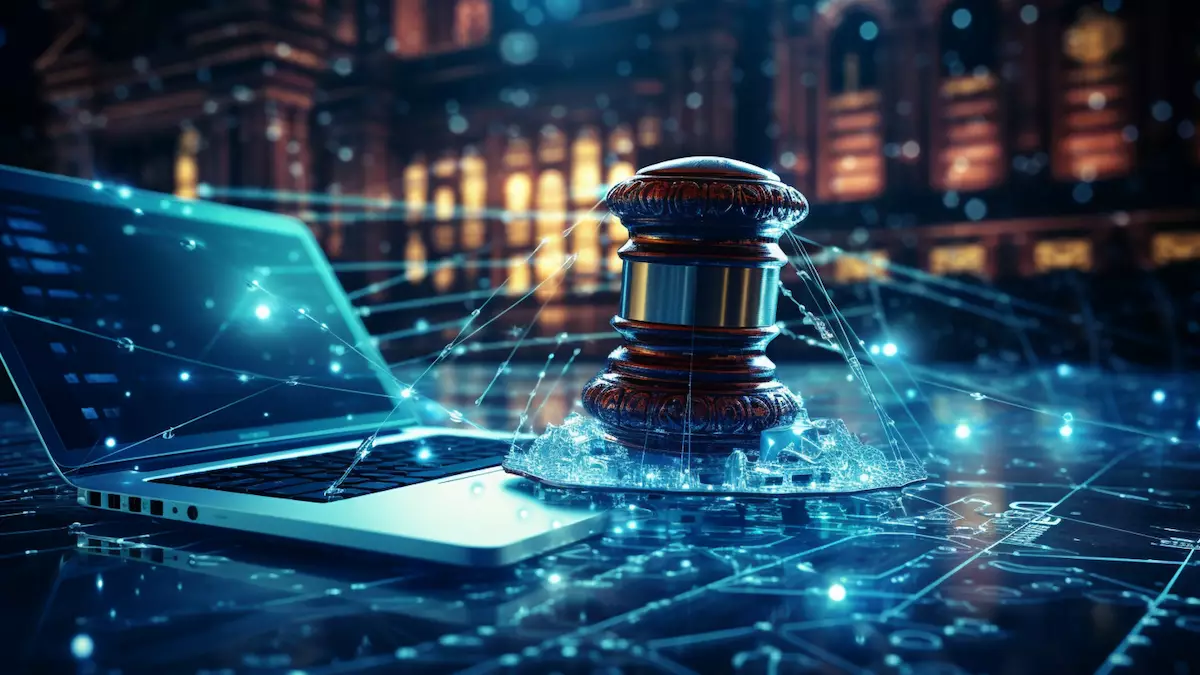DraftKings, a leading online sportsbook operator, is currently facing legal challenges, particularly regarding the DraftKings NFT lawsuit. The recent ruling by a US District Judge in Massachusetts rejecting DraftKings’ motion to dismiss a class action lawsuit related to its NFTs has significant implications for the classification and regulation of NFTs.
The class action lawsuit, initiated by Justin Dufoe, accuses DraftKings of violating federal securities laws with its sports-themed NFTs offered on the Polygon blockchain through the DraftKings Marketplace. Dufoe argues that these NFTs qualify as investment contracts under the Howey Test, a criteria established by the Supreme Court in 1946 to determine if an asset is a security.
The Howey Test consists of four criteria: the investment of money, expectation of profits, common enterprise, and reliance on the efforts of others for success. The court ruled that the plaintiffs sufficiently met these criteria, indicating that the NFTs involve an investment of money pooled into a common enterprise with an expectation of profits from DraftKings’ promotional efforts.
If the classification of NFTs as securities is upheld, DraftKings could face significant regulatory requirements similar to other cases in which NFTs were deemed securities, resulting in penalties and fines. The revenue generated by the sale of NFTs was reinvested into DraftKings’ business, making the outcome of this legal battle crucial for the company’s future investments in NFT technology.
The ongoing legal uncertainty surrounding NFTs and their classification under securities law underscores the complex and evolving nature of NFT regulation. The outcome of this court battle could set a precedent for the classification of NFTs as securities, reshaping the investments in NFT technology and influencing the broader NFT market.
The industry is closely monitoring this case, as it may define the future legal landscape for digital assets. The implications of this lawsuit are significant for DraftKings, with potential financial and operational repercussions. The company’s efforts to maintain investor interest in NFTs played a crucial role in driving capital appreciation, adding another layer of complexity to the legal proceedings.
The DraftKings NFT lawsuit highlights the challenges surrounding the regulation of NFTs and the implications for companies operating in this space. The evolving nature of NFT regulation and the potential classification of NFTs as securities could have a lasting impact on the digital assets market. It is essential for companies like DraftKings to navigate these legal challenges carefully and adapt to the changing regulatory environment.

